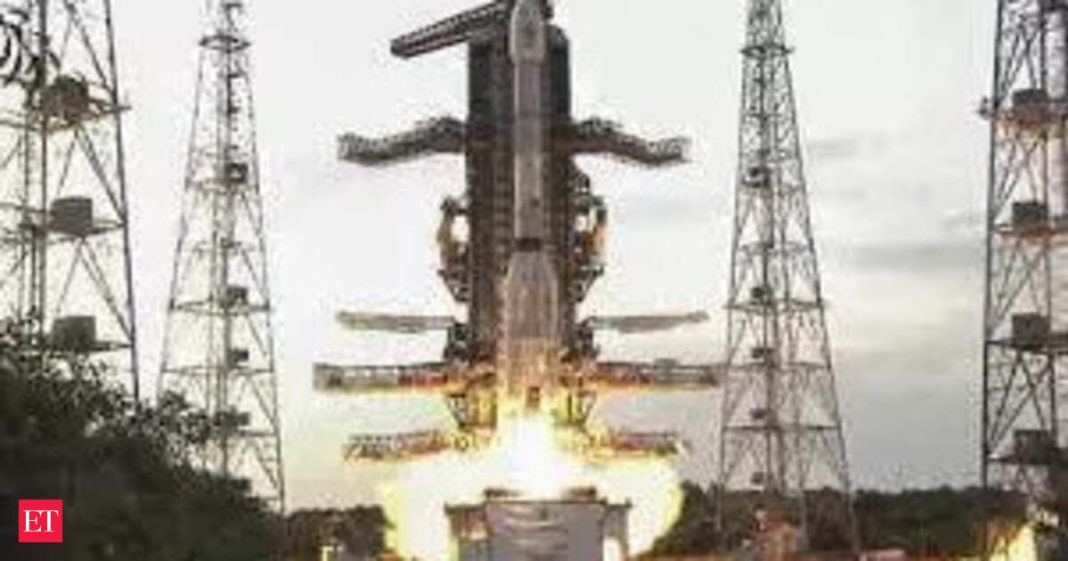Key Takeaways
- Former ISRO scientist Nambi Narayanan reveals funding shortages delayed India’s space technology adoption by decades
- Liquid propulsion development took 20 years instead of 3 due to financial constraints
- Narayanan calls for high-energy propulsion systems to power future interplanetary missions
Former ISRO scientist Nambi Narayanan has revealed that inadequate funding significantly delayed India’s adoption of modern space technologies, extending development timelines from years to decades.
Speaking at Rajalakshmi Engineering College’s National Innovation Day, Narayanan explained that whenever substantial funds were needed for new technologies, they weren’t immediately available due to competing priorities.
Funding Delays Critical Technologies
Addressing questions about propulsion systems, Narayanan stated: “Everything starts with the point of need and requirements. We could have completed and mastered liquid propulsion in three years, but we ended up taking nearly two decades because of a lack of funding.”
He reiterated this funding challenge in a press release, noting that pressing problems often diverted resources from technological advancement.
Call for Global Competition
Reflecting on current opportunities, Narayanan observed that many young engineers are eager to enter rocket technology. He emphasized that for India to become globally competitive, future engineers must make meaningful contributions in areas like and cryogenics.
“If future engineers are to make the country powerful, they must make meaningful contributions – be it in liquid propulsion or cryogenics – and compete with the best minds in the international community,” he advised.
Future Space Ambitions
Narayanan stressed the need for high-energy propulsion systems to drive India’s interplanetary missions. “Whether it is liquid, solid, cryogenic or semi-cryogenic propulsion depends on the requirements. Now, we are talking about interplanetary travel, and there are several developments taking place,” he explained.
The veteran scientist later presented awards at Dreamovation 2025, a business pitching event encouraging engineering students to address UN Sustainable Development Goals. Students from mechanical engineering, electrical and electronics, biotechnology, and computer science participated in the event.




